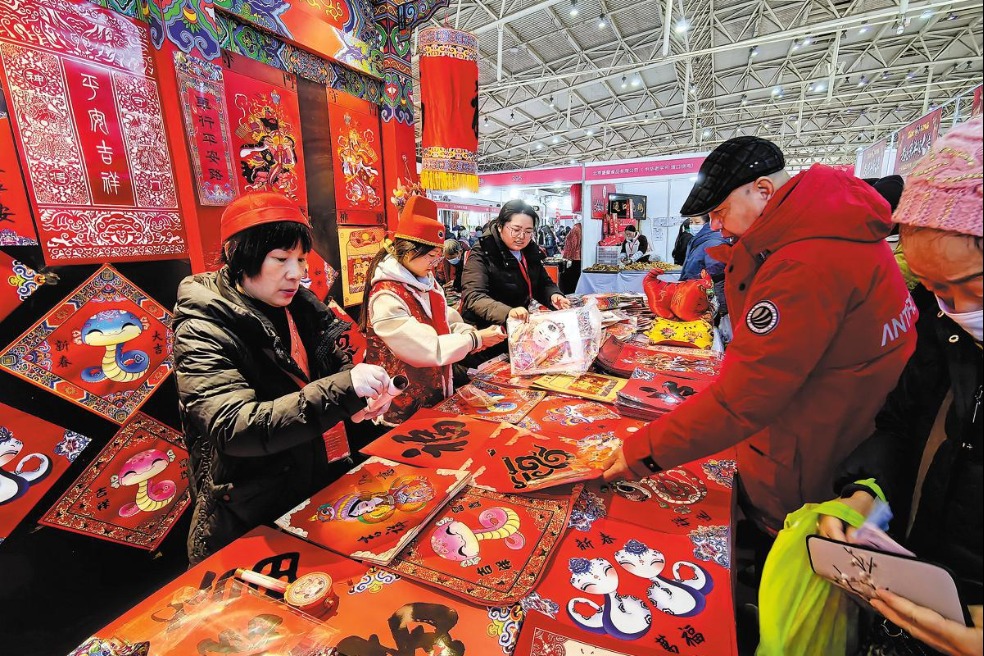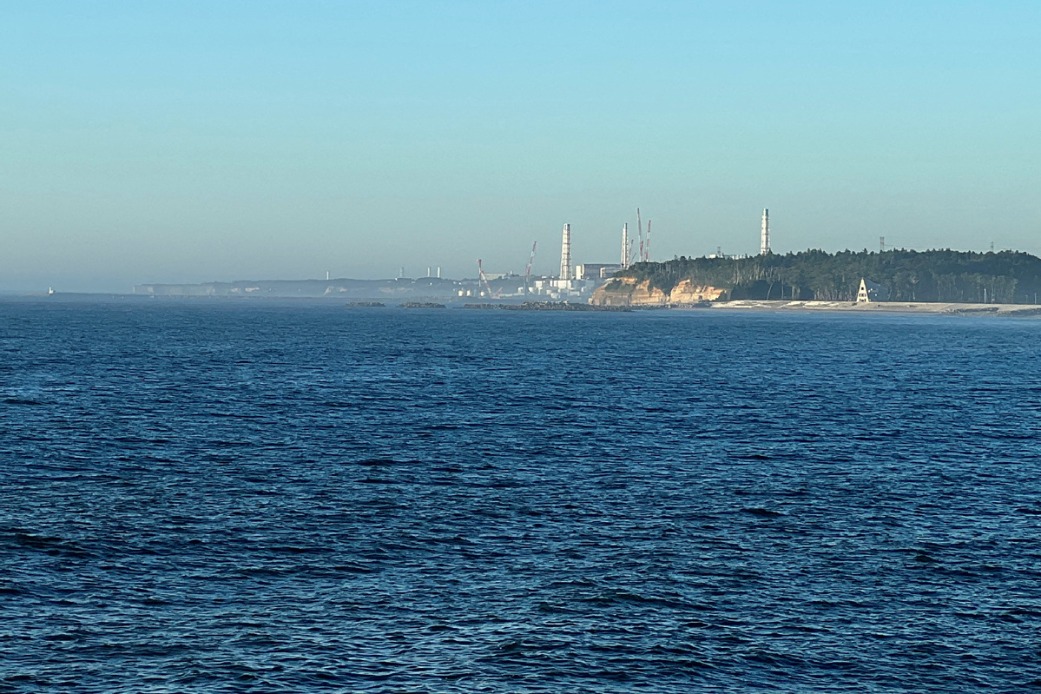Stakeholders in peninsula issue should abandon Cold War mentality


When the US-led "United Nations force" intervened to "defend" the Republic of Korea, advanced into the Democratic People's Republic of Korea and neared the border with China, Beijing was compelled to send the Chinese People's Volunteers force on the request of the DPRK government to resist US aggression. On July 27, 1953, after more than two years of intense fighting, the two warring sides signed an armistice, ending the conflicts. But no peace treaty was signed.
The stability on the peninsula has remained somewhat fragile, though, because the US has continued to interfere in and manipulate the Korean Peninsula issue. Washington claims its military alliances in the region are based on so-called democratic values, thus intensifying tensions on the peninsula, because the DPRK sees those military alliances as a serious security threat. For example, the US has included the ROK in its "Indo-Pacific strategy" and consolidated its military presence on and around the peninsula, posing a potent threat to not only the DPRK but also China.
ROK President Yoon Suk-yeol has abandoned his predecessor Moon Jae-in's policy of maintaining peace to seek reconciliation and instead is promoting the US' "Indo-Pacific strategy", injecting hostility into inter-Korean relations.
The Yoon administration's inter-Korean policy has invited criticism not only abroad but also in the ROK. In an article published in ROK media outlet Hankyoreh on April 26, Shin Jin-wook, a professor of sociology at Chung-ang University in Seoul, said the Yoon administration has facilitated a "new Cold War" on the Korean Peninsula. And while introducing The Power of Peace, a book by Choi Jong-kun, former ROK first vice-minister of foreign affairs, Moon Jae-in said inter-Korean relations have regressed, and peace has been threatened.
Worse, in response to the hostile policies of Washington and Seoul, Pyongyang has adopted a tit-for-tat policy and has been trying to strengthen its nuclear deterrence. In particular, tensions have risen on the peninsula after the Russia-Ukraine conflict broke out, making Pyongyang less willing to abandon its nuclearization program.
A report by an institute of American studies under the DPRK's Foreign Ministry has warned that the ROK and the US are pushing the peninsula to "the brink of a nuclear war". And the KCNA article on the report said the US was the "provoker of the aggression war against Korea" and "destroyer of peace and stability of the Korean Peninsula".
But Seoul and Washington have continued their military drills which are further threatening peace in the region. Nuclear-capable B-52 bombers took part in the US-ROK military drills on June 30, highlighting the fact that the Washington Declaration is aimed at intensifying nuclear deterrence.
July 27 marks the 70th anniversary of the armistice. But the peace achieved at the cost of tens of thousands of people's lives now faces a threat as the peninsula slides toward conflict because of the US' moves. The peninsula is in urgent need of a peace treaty to replace the armistice and end the Cold War mindset.
Opportunities to break the stalemate on the Korean Peninsula arose when the US and the DPRK agreed to a framework in 1994 to normalize inter-Korean relations, when a breakthrough to denuclearize the Korean Peninsula was almost achieved at the Six-Party Talks in 2005, and when the DPRK took unprecedented steps with the US toward denuclearization in 2018 and 2019. But these opportunities were missed.
China has been asking stakeholders in the Korean Peninsula issue to abandon their Cold War mindset and military deterrence policies. The Korean Peninsula issue needs a peaceful, political settlement. So the stakeholders should not take sides or aggravate the rivalry on the peninsula. Instead, they should work together on the basis of equality and mutual respect for the common well-being of the region.
The author is a research fellow at and secretary-general of the Northeast Asia Studies Institute, Jilin Academy of Social Sciences. The views don't necessarily represent those of China Daily.
If you have a specific expertise, or would like to share your thought about our stories, then send us your writings at opinion@chinadaily.com.cn, and comment@chinadaily.com.cn.


































